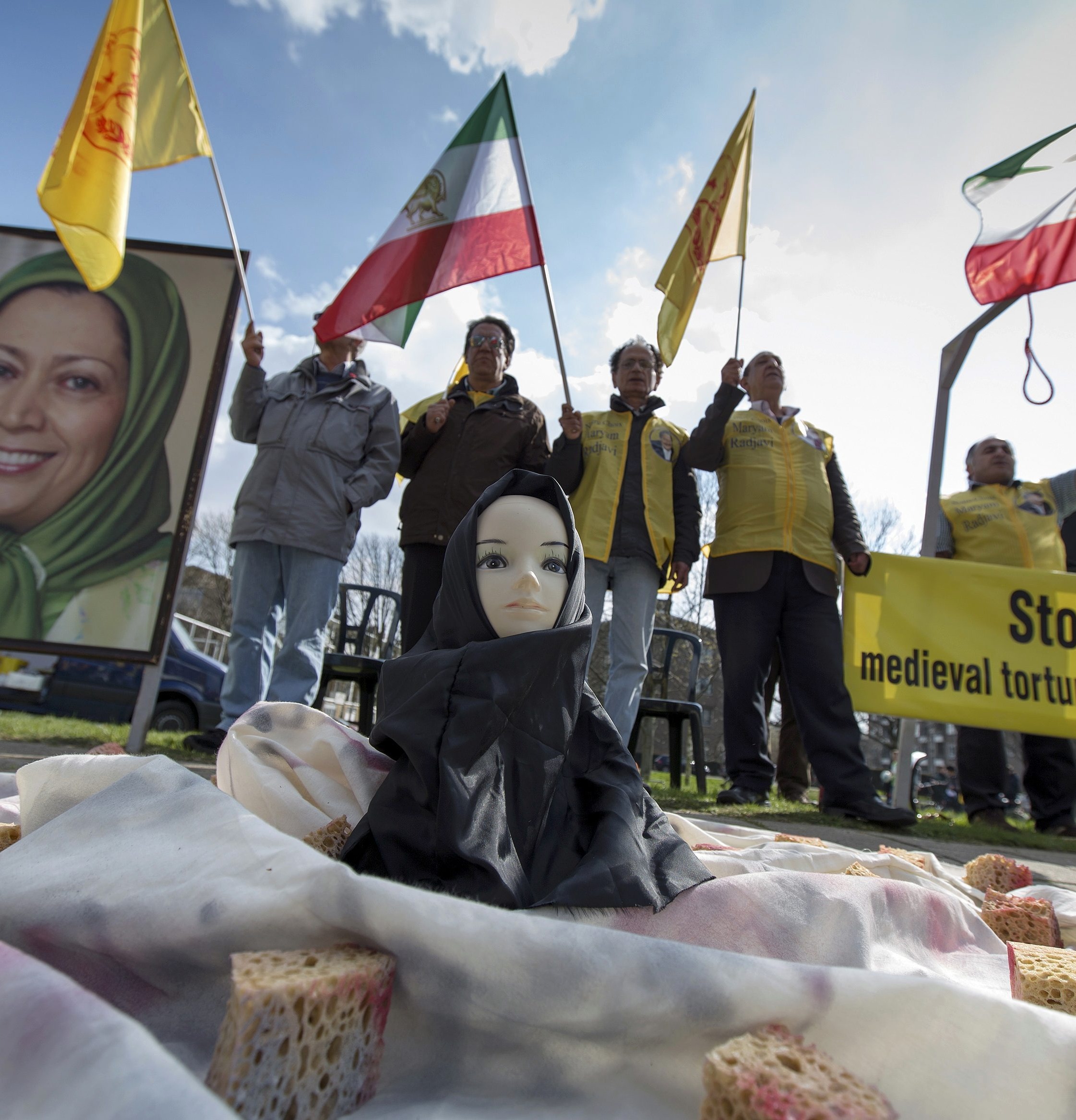U.S. human rights report criticizes Iran, Cuba despite recent ties
A long-delayed annual human rights report by the United States released Thursday levels strong words for Iran, Cuba, Myanmar and Vietnam, even as it seeks to improve relations with them. Though the United States and other world powers are attempting to reach a nuclear deal with Iran by June 30, the State Department report criticized Tehran for having the second-highest execution rate in the world “after legal proceedings that frequently didn’t respect Iran’s own constitutional guarantee to due process." On Cuba, the State Department said that while Havana had largely eased travel restrictions in January, the government still denied passport requests for certain opposition figures or harassed them upon their return to the country.
In Iran abuses consisted of disappearances, cruel, inhuman or degrading treatment as well as politically motivated violence and repression.
U.S. human rights report
The report expressed concern over violence, intimidation, and detentions used to prevent free expression and peaceful assembly. Cuba did not respect freedom of speech and press, severely restricted internet access, and maintained a monopoly on media outlets, the report said. In Russia, the State Department said the political system was becoming "increasingly authoritarian,” and Moscow had passed new measures to suppress dissent. The report also highlighted abuses in countries in Asia with which the United States has been working hard to improve relations — namely Myanmar and Vietnam, as well as in U.S. treaty ally, Thailand, where the military took power in a coup in May 2014.

World us human rights